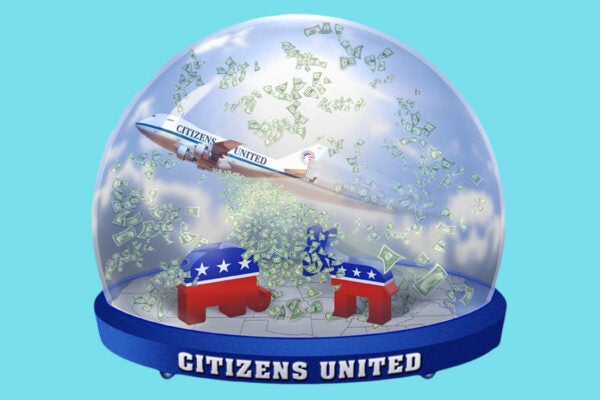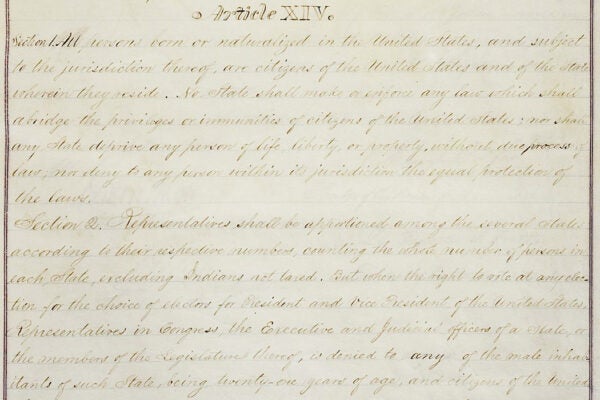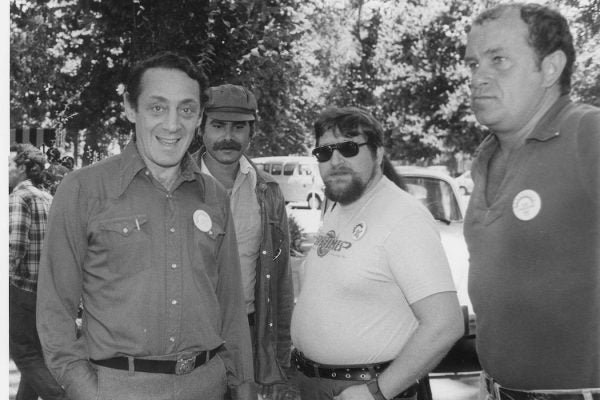Marbury v. Madison: Annotated
Justice John Marshall’s ruling on Marbury v. Madison gave the courts the right to declare acts and laws of the legislative and executive branches unconstitutional.
Citizens United v. Federal Election Commission: Annotated
The 2010 decision, enabling the rise of super PACS, made possible new and more covert mechanisms for funding election campaigns in the United States.
The Fourteenth Amendment: Annotated
Adopted in 1868, the Fourteenth Amendment to the US Constitution addresses citizenship rights, due process, and equal protection under the law.
Brown v. Board of Education: Annotated
The 1954 Supreme Court decision, based on the Fourteenth Amendment to the US Constitution, declared that “separate but equal” has no place in education.
How Media Stifles Deliberative Democracy
As outlets that welcome rational exchanges of ideas dwindle those that serve as echo chambers are exploding. What does that mean for free speech and the health of the US?
Proposition 6 (The Briggs Initiative): Annotated
Proposition 6, better known as the Briggs Initiative, was the first attempt to restrict the rights of lesbian and gay Americans by popular referendum.
Beth Macy’s Raising Lazarus on the Overdose Crisis
Dopesick author Beth Macy takes a deeper look at the opioid crisis in Raising Lazarus: Hope, Justice, and the Future of America’s Overdose Crisis.
Harvey Milk’s Gay Freedom Day Speech: Annotated
Five months before his assassination in 1978, Harvey Milk called on the president of the United States to defend the rights of gay and lesbian Americans.
After the Capitol Riot, Who Will Govern Speech Online?
Protecting democracy from the power of free speech seems like a paradox. However, free speech on the internet has never truly been free.
5 Questions to Ask before Joining a Social Network
Clubhouse reminds us of what early adopters forget: Leadership diversity is crucial to platform safety.









